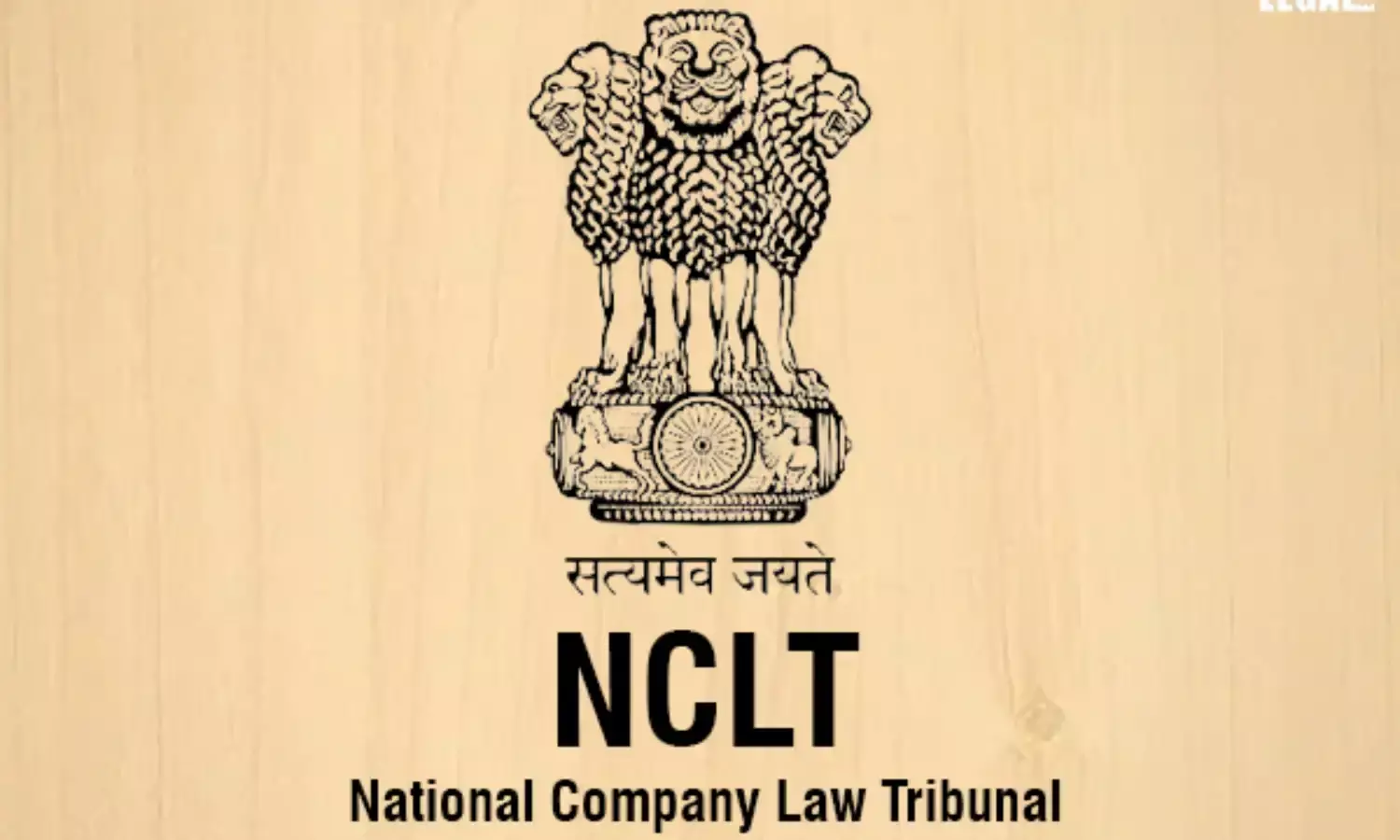NCLT: Secured Creditors Cannot Secure their Dues at the Cost of Statutory Dues of any Government Or Government Authority
The National Company Law Tribunal (NCLT), Mumbai bench, while ordering Lavasa Corporation Limited Lenders to distribute its sale proceeds equitably;

NCLT: Secured Creditors Cannot Secure their Dues at the Cost of Statutory Dues of any Government Or Government Authority
The National Company Law Tribunal (NCLT), Mumbai bench, while ordering Lavasa Corporation Limited Lenders to distribute its sale proceeds equitably, observed secured creditors cannot secure their dues at the cost of statutory dues of any government or government authority.
An application was filed by the applicant- Shailesh Verma, Resolution Professional (RP) for M/s. Lavasa Corporation Limited (Corporate Debtor), against the respondent- Darwin Platform Infrastructure Limited in the matter of Raj Infrastructure Development (India) Private Limited vs. Lavasa Corporation Limited.
The Application was filed under Section 30(6) of the Insolvency & Bankruptcy Code, 2016 (hereinafter referred to as the Code) for seeking approval of this Bench in respect of the Resolution Plan passed by the Consolidated Committee of Creditors (CoC) with requisite majority under Section 30(4) of the Code.
The Corporate Debtor was admitted into Corporate Insolvency Resolution Process (CIRP) vide Order dated 30th August 2018 and subsequently the Corporate Debtor's CIRP was consolidated with the ongoing CIRP of all its four subsidiaries resulting in the commencement of a Consolidated CIRP on 13th May 2021 pursuant to an order of this Tribunal. After the due progression of the Consolidated CIRP, the Resolution Plan submitted by the Resolution Applicant, Darwin Platform Infrastructure Limited, was approved by the CoC by a majority of 96.14% vote share on 23rd December 2021.
The two-member bench Justice P. N. Deshmukh (Judicial Member) and Shyam Babu Gautam (Technical Member) pursued the Resolution Plan annexed to the Application and particularly, the "Treatment of Stakeholders under the Plan" which laid down the detailed scheme of allocation of funds to the different classes of Creditors and other dues according to the manner provided under Section 53 of the Code.
The Tribunal found that the Resolution Plan does not contemplate the disbursement of the Government and statutory dues in a rational and equitable manner. There was a wide disparity between the percentage of the amounts provided to the Secured Financial Creditors and the Government dues under the Plan which are now treated as "secured" dues.
The Tribunal found that "the Secured Financial Creditors have approved this Resolution Plan for securing maximum recovery of their dues while meting out disproportionate and discriminative treatment qua the Government authorities and other statutory claims and such treatment cannot be allowed."
The bench opined that the Resolution Plan was required to be reconsidered by the Committee of Creditors (CoC) in order to consider, the above observations.
"In view of the above, we are of the opinion that it is essential for the Consolidated CoC to re-examine the Resolution Plan and endeavor to allocate funds for the fulfillment of Government and statutory dues in the same proportion as provided to the Secured Financial Creditors," noted the bench.
The Tribunal directed the Government and other statutory dues be treated in the same manner and proportion in any subsequent revised Plan that may be submitted by the Resolution Applicant, since the Secured Financial Creditors have been provided with 20.50% of the amount claimed.
Thus, the Tribunal granted two weeks to the Resolution Applicant for submission of modified or fresh Resolution Plan to the RP and the RP was directed to place the same before the Consolidated CoC for their consideration and disposed the application.

